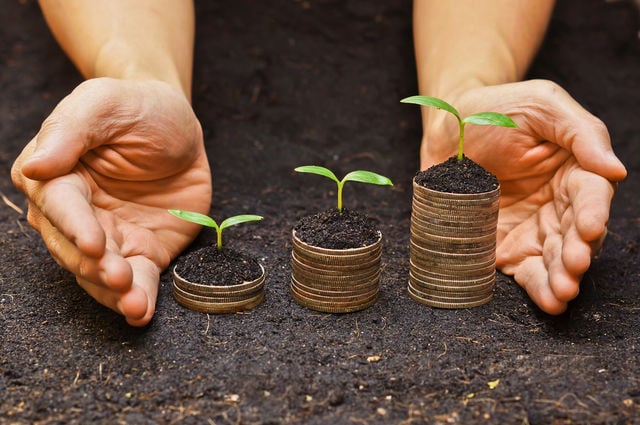Driving Resiliency and Sustainability in Hospitality: Five Priorities for 2021
23 experts shared their view
Recovery, resilience, recalibration, or bouncing back are a few examples of keywords that are at the center of any discussion surrounding the hospitality industry's economic prospects this past year. However uncertain the economic future may be, major crises of earth systems are unabated to date. While similarities exist between resiliency and sustainability (i.e. both concepts refer to the state of a system or organization over time in response to instabilities), there are notable differences, and conflicts, in the two concepts (i.e. achieving short-term economic resiliency at the expense of socio-environmental wellbeing). Looking forward, all eyes are on resiliency (growth!) in hospitality but how do we decouple growth from impacts, most notably carbon emissions? How do we ensure that sustainability is a component of resiliency (or vice versa)? What are the five priorities the hospitality industry should set to tackle resiliency and sustainability at the same time in 2021?
Looking at the essence of the definition of resilience, I would argue that it is a concept that goes beyond sustainable. For me, the term resilience refers to maintain / establish the economical, ecological and social system in an equilibrium. And looking at the current crisis in hospitality and tourism, COVID shows us that we are too much depending on a GLOBAL market.
Going back to the roots of (ecological) resilience the essence is about the ability to absorb a disturbance before the dynamic equilibrium changes or the recovery of a system after a disturbance back to the equilibrium (Adger, 2000). Ecological resilience needs to be assessed on a system level: taking into account the interconnectedness and interdependency of all elements within this system. This results often in emphasizing on the importance for biodiversity. Expanding the ecological lens to a social or societal lens, biodiversity needs to be read as the importance of VARIATION.
One way to (co-)create variation is to include as many stakeholders as possible in the discussion.
Shaping your resilient organization (product and processes) together with local stakeholders will push organizations in a good direction. Because COVID has made us realize again that our current system in hospitality and tourism is very fragile: due to the dominant global character of it. Connecting to other markets and expanding the product offer with other counterparts might be a fruitful direction.Adger, W. Neil. (2000). Social and ecological resilience: are they related? Progress in Human Geography, 24(3), 347-364. doi: doi:10.1191/030913200701540465.


